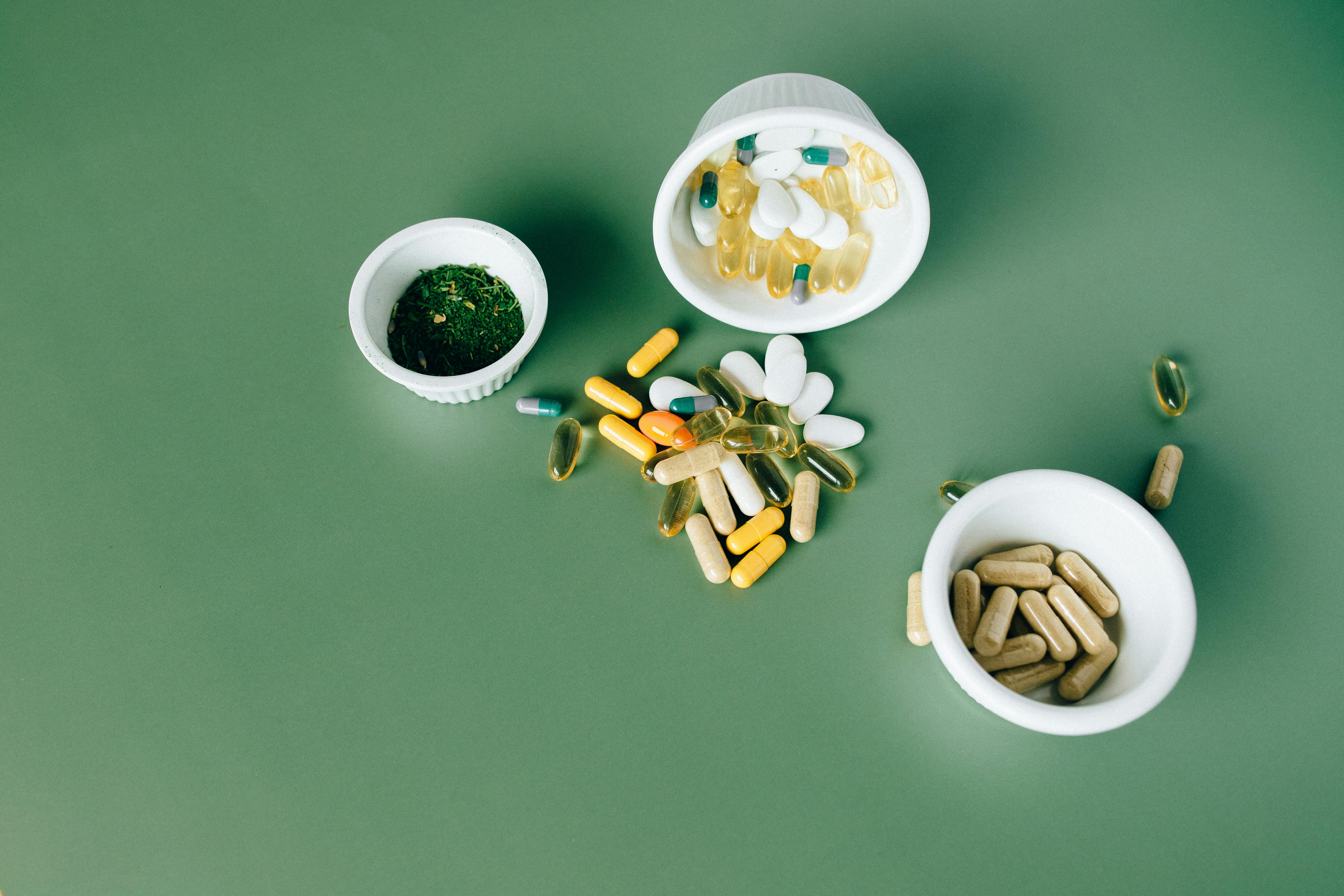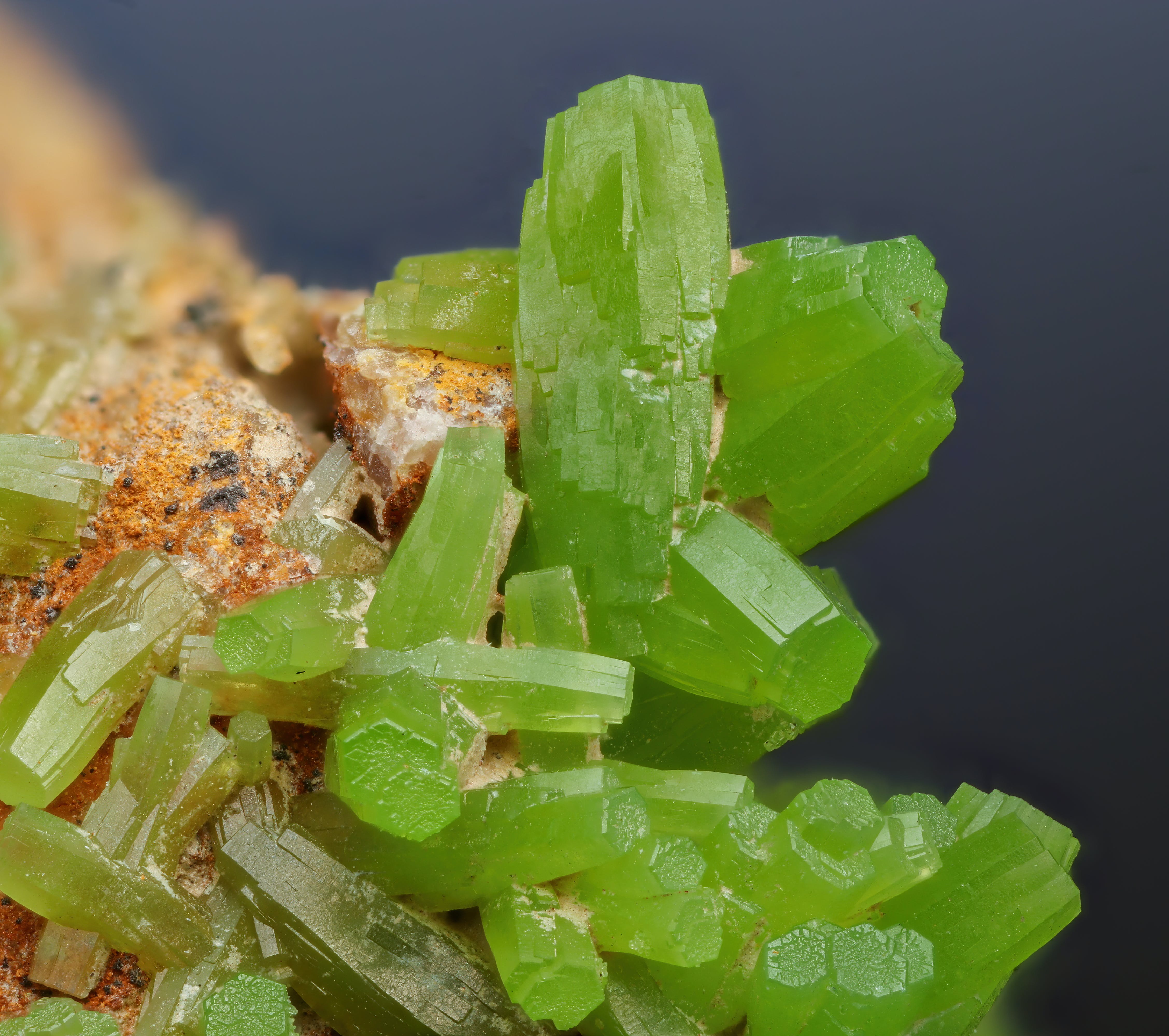
The Incredible Benefits of Adding Pumpkin Seeds to Your Diet
Discover the powerful health benefits of pumpkin seeds, from heart health and prostate support to improved sleep and immune function.
Pumpkin seeds, also known as pepitas, are often overlooked as a simple snack, but these tiny nutritional powerhouses pack an impressive array of health benefits. From supporting heart health to improving sleep quality, pumpkin seeds offer a natural way to enhance your overall well-being. Let’s explore the science behind these remarkable seeds and how they can transform your health.
Nutritional Profile of Pumpkin Seeds
Before diving into the specific benefits, it’s important to understand what makes pumpkin seeds so nutritionally valuable. These small seeds are rich in essential nutrients that many people are deficient in:
Key Nutrients in Pumpkin Seeds:
- Magnesium: 150mg per 1/4 cup (37% of daily value)
- Zinc: 2.5mg per 1/4 cup (23% of daily value)
- Iron: 2.5mg per 1/4 cup (14% of daily value)
- Protein: 8.5g per 1/4 cup
- Healthy fats: 13g per 1/4 cup (including omega-3s)
- Fiber: 1.7g per 1/4 cup
- Vitamin K: 18mcg per 1/4 cup
- Phosphorus: 332mg per 1/4 cup
Heart Health Benefits
Pumpkin seeds are particularly beneficial for cardiovascular health, thanks to their unique combination of nutrients.
Magnesium for Heart Function
Magnesium is essential for maintaining a healthy heart rhythm and blood pressure. Research published in the Journal of the American Heart Association found that higher magnesium intake was associated with a 30% reduced risk of cardiovascular disease. Pumpkin seeds are one of the best dietary sources of magnesium (source).
Omega-3 Fatty Acids
Pumpkin seeds contain alpha-linolenic acid (ALA), a plant-based omega-3 fatty acid. Studies have shown that ALA can help reduce inflammation and improve heart health markers. A meta-analysis in the American Journal of Clinical Nutrition found that higher ALA intake was associated with a 10% reduced risk of cardiovascular disease (source).
Blood Pressure Regulation
The combination of magnesium, potassium, and arginine in pumpkin seeds helps regulate blood pressure. Arginine is converted to nitric oxide in the body, which helps relax blood vessels and improve blood flow.
Prostate Health Support
Pumpkin seeds have long been recognized for their benefits to prostate health, particularly in men.
Zinc Content
Pumpkin seeds are an excellent source of zinc, which is crucial for prostate function. Research published in Prostate Cancer and Prostatic Diseases found that zinc supplementation can help reduce prostate inflammation and support overall prostate health (source).
Phytosterols
Pumpkin seeds contain phytosterols, plant compounds that can help reduce symptoms of benign prostatic hyperplasia (BPH). A study in the Journal of Medicinal Food found that pumpkin seed oil supplementation significantly improved urinary symptoms in men with BPH (source).
Sleep Quality Enhancement
If you struggle with sleep, pumpkin seeds might be your new best friend.
Tryptophan Content
Pumpkin seeds are rich in tryptophan, an amino acid that’s converted to serotonin and then melatonin in the body. Melatonin is the hormone that regulates sleep-wake cycles. Research in the Journal of Sleep Research found that tryptophan supplementation can improve sleep quality and reduce sleep latency (source).
Magnesium for Relaxation
Magnesium plays a crucial role in muscle relaxation and nervous system function. A study published in PLOS ONE found that magnesium supplementation improved sleep quality, sleep time, and sleep efficiency in elderly participants (source).
Immune System Support
Pumpkin seeds provide several nutrients that are essential for a strong immune system.
Zinc for Immune Function
Zinc is critical for immune cell function and wound healing. Research published in Molecular Medicine found that zinc deficiency can impair immune responses and increase susceptibility to infections (source).
Antioxidant Properties
Pumpkin seeds contain various antioxidants, including vitamin E and carotenoids, which help protect cells from damage caused by free radicals. This antioxidant activity supports overall immune function and reduces inflammation.
Blood Sugar Regulation
Pumpkin seeds can be beneficial for blood sugar control, making them a great addition to diabetic diets.
Magnesium and Insulin Sensitivity
Magnesium plays a key role in insulin sensitivity and glucose metabolism. A study in Diabetes Care found that higher magnesium intake was associated with improved insulin sensitivity and reduced risk of type 2 diabetes (source).
Fiber Content
The fiber in pumpkin seeds helps slow down carbohydrate absorption, preventing blood sugar spikes. This makes them an excellent snack choice for maintaining stable blood glucose levels.
How to Incorporate Pumpkin Seeds into Your Diet
Raw vs. Roasted
Both raw and roasted pumpkin seeds offer benefits, but raw seeds may preserve more nutrients. However, roasting can enhance flavor and make them more digestible.
Daily Serving Recommendations
For General Health:
- 1/4 cup (about 30g) of pumpkin seeds daily
- This provides approximately 150 calories and a good balance of nutrients
For Specific Benefits:
- Heart health: 1/4 cup daily
- Sleep support: 1/4 cup 1-2 hours before bed
- Prostate health: 1/4 cup daily for men
- Blood sugar control: 1/4 cup with meals
Creative Ways to Enjoy Pumpkin Seeds
1. As a Snack
- Eat them raw or roasted with a pinch of sea salt
- Mix with other nuts and dried fruits for a trail mix
- Sprinkle on salads for added crunch and nutrition
2. In Smoothies
- Add 1-2 tablespoons to your morning smoothie
- Blend with fruits, yogurt, and milk for a nutrient-packed drink
3. In Baking
- Add to bread, muffins, or granola recipes
- Use as a topping for oatmeal or yogurt bowls
4. In Cooking
- Sprinkle on soups and stews
- Add to stir-fries for extra protein and crunch
- Use as a coating for fish or chicken
Choosing Quality Pumpkin Seeds
Organic vs. Conventional
Choose organic pumpkin seeds when possible to avoid pesticide residues. Organic seeds are also more likely to be free from harmful chemicals.
Storage Tips
To maintain freshness:
- Store in an airtight container in a cool, dark place
- Refrigerate for longer shelf life (up to 6 months)
- Freeze for extended storage (up to 1 year)
Signs of Quality
Look for:
- Plump, green seeds (not shriveled or discolored)
- Fresh, nutty aroma
- No signs of mold or rancidity
- Minimal processing and additives
Potential Considerations
Allergies
While pumpkin seed allergies are rare, they can occur. If you experience symptoms like itching, swelling, or difficulty breathing after consuming pumpkin seeds, discontinue use and consult a healthcare provider.
Digestive Sensitivity
Some people may experience digestive discomfort when first adding pumpkin seeds to their diet. Start with a small amount (1-2 tablespoons) and gradually increase to allow your digestive system to adjust.
Oxalate Content
Pumpkin seeds contain oxalates, which can contribute to kidney stones in susceptible individuals. If you have a history of kidney stones, consult your healthcare provider before adding pumpkin seeds to your diet.
Final Thoughts
Pumpkin seeds are a nutritional powerhouse that can significantly enhance your health when incorporated into your daily diet. From supporting heart health and prostate function to improving sleep quality and immune function, these tiny seeds offer big benefits.
Whether you enjoy them as a snack, add them to your meals, or use them in recipes, pumpkin seeds provide a convenient and delicious way to boost your nutrient intake. With their impressive nutritional profile and proven health benefits, pumpkin seeds deserve a place in everyone’s diet.
Start with a small serving and gradually increase to find the amount that works best for you. Your body will thank you for this simple but powerful addition to your nutritional routine.


